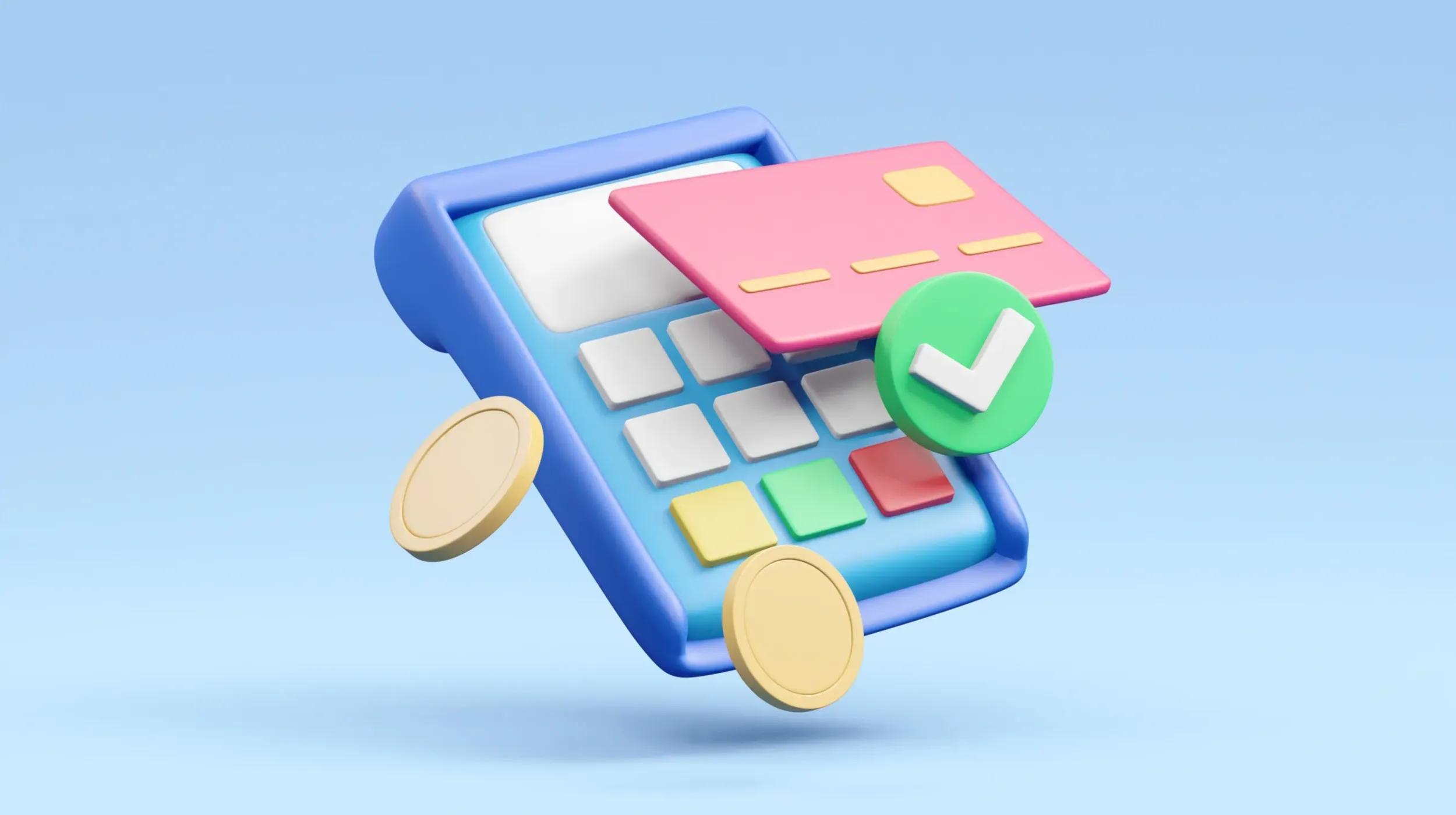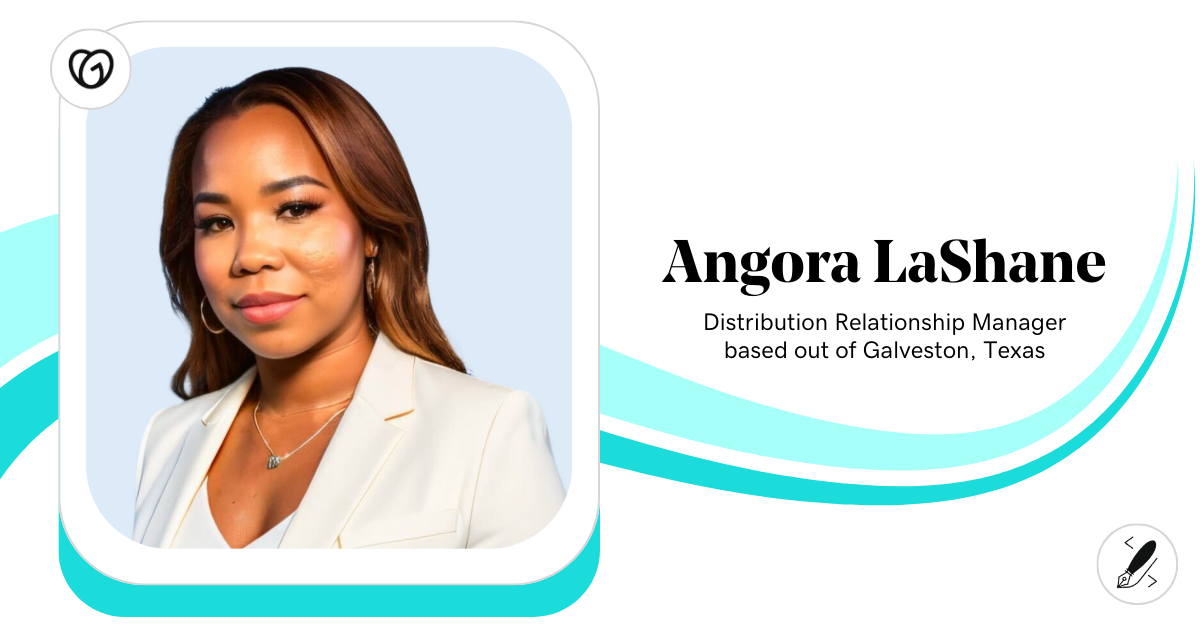There are 20 trends that will help shape the next decade of small business, according to the Intuit 2020 Report. The research in this report, led by Emergent Research in partnership with Intuit, suggests that the climate is right for starting a niche business.
Niche markets will reign in in the post-recession economy.
These markets won’t just survive, they’ll thrive. Specialized services and products will be in high demand by consumers. This rise in demand, thanks to the reach of the internet, will allow for the continued growth of small businesses. In this new economy, a small business will be viewed with the same amount of importance formerly reserved for global corporations — all made possible by niche markets.
This is reassuring news for entrepreneurs whose ideas might have been previously written off for being too obscure. Now, they can start a business within their preferred niche. They might even be able to create new niches of their own if the opportunity arises.
Entrepreneurship, at its core, still means taking risks.
Your niche business might be unusual, but just like any other startup, it can either succeed or flop. Personally, I’d like to see your business succeed. Let’s talk about how you can get on the right track from the start.
Related: Find your online sales niche to drive customers to your web store
1. What’s your why?
Before starting a niche business, you’re going to have to answer several questions that begin with the word “why.” Two of the biggest ones will center around your niche and yourself.
Why you?
What is it about you that makes you a qualified expert? Do you have existing experience working in this field? Have you created blog posts, vlogs, podcasts or other published works that position you as an authority? Do you fiercely believe in this business? Are you passionate about it and willing to work hard? Can you keep innovating and growing?
Why this specific niche?
Choosing a niche market over a more broad market means tapping into an extremely loyal fan base. Let’s use the example of hair salons versus blowout salons. Hair salons dabble in everything from cuts to colors. Blowout salons are laser-focused on blowouts as their niche. They develop lifelong fans because their focus is on doing their best work and exclusivity. After all, everyone looks and feels, like a million bucks after they have their hair done.
No matter which niche you enter into, it should be one where you understand and value its existing audience.
Regardless of niche, your “why” should never be answered with “I just want to make money.”
2. How are your products or services different from the pack?

It’s not enough to stand out on a macro level in your industry. When starting a niche business, you’ll need to make waves on a micro level, too. You might want to open up a blowout business, but you’ll quickly discover that other blowout companies exist. It’s highly likely that they will be doing a lot of the same things you are too, and as such are your competitors.
Having trouble defining your specialty? Keep it simple. Do not get bogged down in trying to make your business an overblown spectacle. Revisit your business plan, where you evaluated your products and services from an objective and critical standpoint. All of the details about what your business is, what it does, and what makes its message unique should be fleshed out in-depth there. This simplicity should also translate to your brand’s story.
Your story should be one that compels your audience and allows them to understand what makes your company original and how your offerings will meet their needs.
Want to differentiate even further? Look to anticipate the needs of your audience before they realize they have them.
3. What is your future target market?

Don’t be content to coast on your success. Think outside of your niche’s box. Sure, your first priority will be to understand and reach those individuals within it. Once you’ve accomplished that, what’s next? Or more aptly, who is next?
Before starting a niche business, strategize about how you will reach individuals not only in your existing niche market but also about the audience beyond it. How will you reach and engage with these people? Can you innovate your existing offerings to serve the needs of your customer base while enticing new shoppers? How will you fill gaps in the market and continue to stand out?
Even as a niche-based business, you should still commit to the power of being different.
Those business quirks are what will sustain you well past 2020 and into the future.
Ready to start a niche business?
Answer these questions before you start your niche business and you’ll find that you’re better off for it. Remember to go into it prepared and with a solid business plan, especially if you’re joining a crowded market.
Editor’s note: Once you’ve decided on an industry and a name for your niche business, check out how GoDaddy can help you get it off the ground. From domains and professional business email to website templates and website security tools, GoDaddy has your small business covered.









